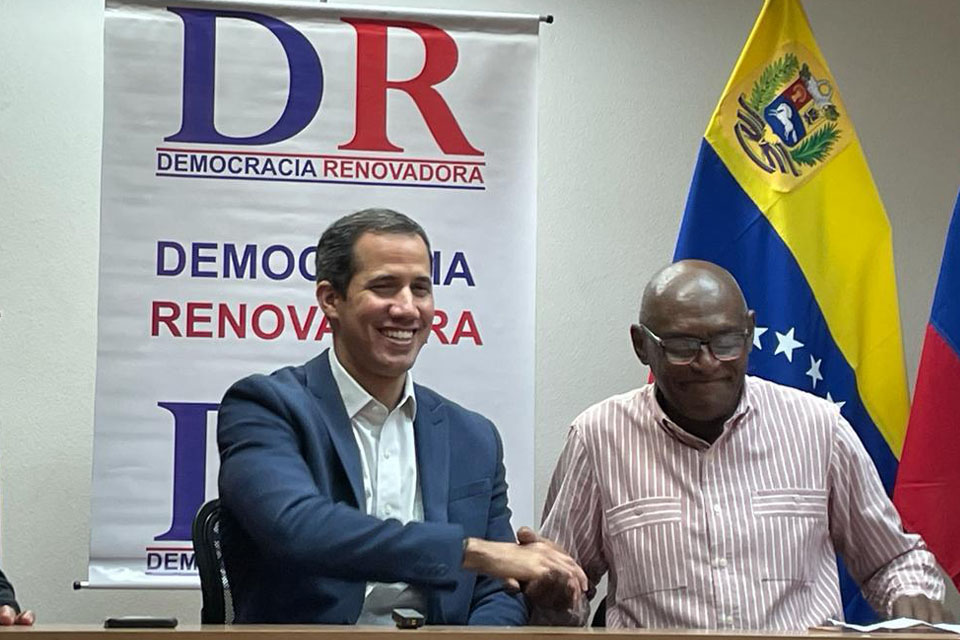A civil servant of Spanish nationality with full command of the Russian languagewho worked as hired in it consulate of Uruguay in Moscow, resigned in the last hoursafter being investigated for her participation in the falsification of documents for Russian citizens to access Uruguayan passports, within the framework of the Astesian case.
The information was disclosed in the first instance by the 12 PM program of Azul FM and confirmed by The Observer with Foreign Ministry sources.
The woman served as “local hired“they added from the ministry and detailed that He started working in the diplomatic representation from Uruguay in Moscow on August 1, 2007. In December 2013 she was named “chancellery official“.
Although he was working at the consulate, did not have the quality of an official of the Foreign Service and his employment contract governed according to the Russian jurisdiction.
Together with the ex-consuls Stefano Di Conza and Gustavo Piegas she was being investigated for her participation in the maneuver to adulterate public documents. In the case of Di Conza and Piegas, both were charged by the Justice at the request of the prosecutor Gabriela Fossati, although neither of them is in prison.
As reported by 12 PM, the woman of Spanish origin occupied a key role within the consulate, since she perfectly knew the language and the particularities of Russian regulations.
The Foreign Ministry had ordered an investigation on her, as well as on Di Conza and Piegas. In the case of this official, however, the scope of the investigations was different, since she was not dealing with someone who was part of the Foreign Service.
The primary investigation recommended initiating a disciplinary process about the woman –since could not be investigated– and it was then that decided to resign. With that decision, the possibility of reaching it with some type of sanction became even more complex, although this continues to study the ministry.
Di Conza, the first public official to be indicted for the Astesiano case, targeted this official on more than one occasion to defend her actions at the consulate. The diplomat apologized to the prosecutor in which he used to place trust in local staff who worked at the consulate, due to language restrictions.
However, that theory was dismissed by prosecutor Fossati, who in a February hearing pointed out that Di Conza should have duly consulted with the translator who assisted him at the consulate.







